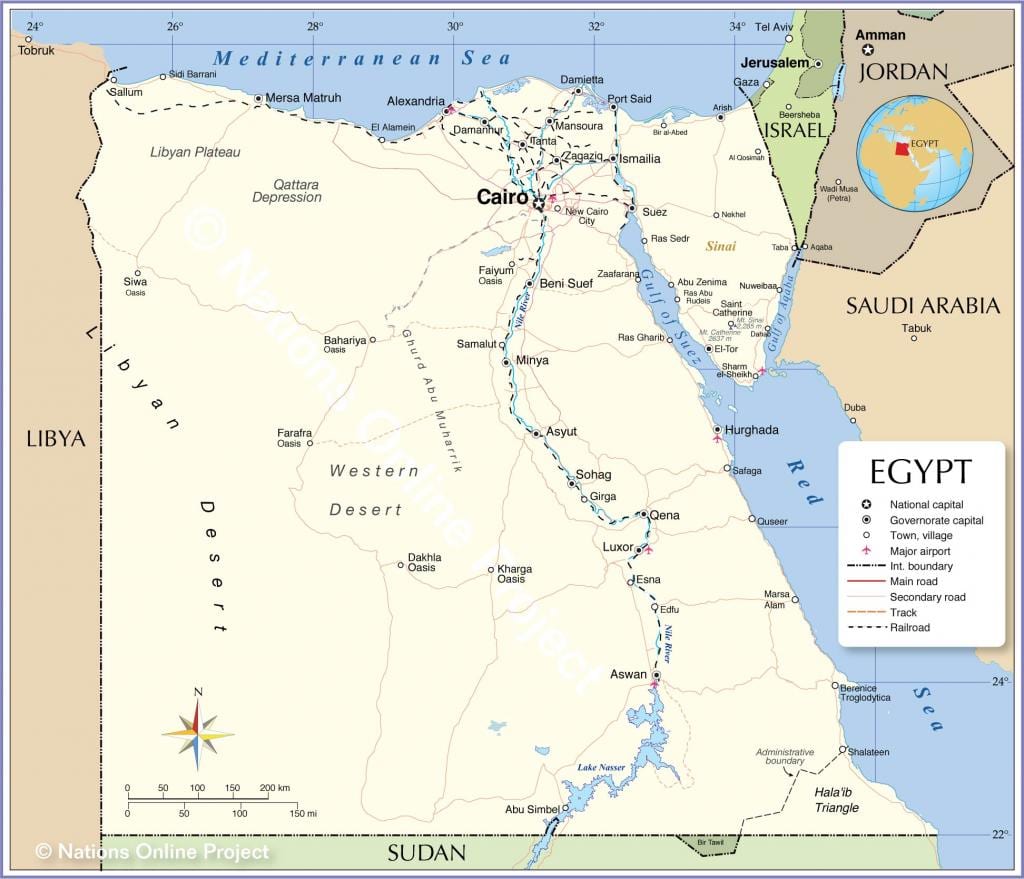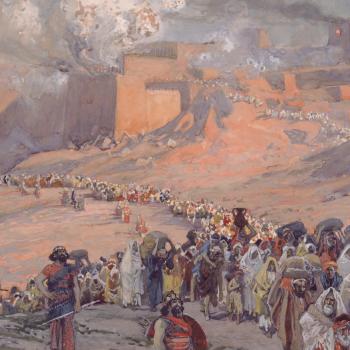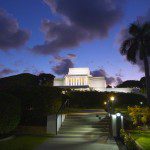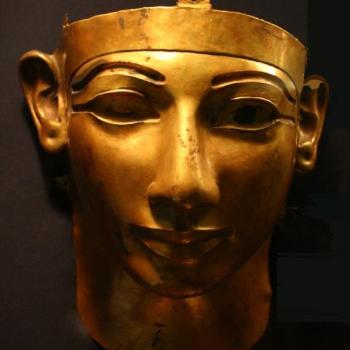
My wife and I took the overnight train from Cairo to Luxor on Monday night, 5 October 1981. When we arrived in Luxor fairly late the following morning, we instantly sensed that there was something odd in the air, but we couldn’t tell at first what it was.
We eventually found out that Egyptian radio and television had been broadcasting the annual “victory” parade that was held in Cairo to celebrate Operation Badr. What was Operation Badr? It was a military effort at the beginning of the 1973 Arab-Israeli War — aka the Yom Kippur War or the Ramadan War — during which the Egyptian Army had crossed the Suez Canal and taken a portion of the Sinai Peninsula back from Israel. After the humiliation of the 1967 Six Day War under the late Egyptian president Gamal Abdel Nasser — when Egypt had lost the Sinai — this had been a significant psychological moment for Egypt and Nasser’s still relatively new successor, Anwar Sadat. It restored their pride and their confidence, and I believe that it enabled Sadat to undertake his historic and heroic November 1977 visit to Jerusalem and the Israeli-Egyptian peace negotiations that followed thereafter.
Anyway, the broadcasting suddenly stopped, and radio and television began to play classical and military music, instead, with only static images. That was what was happening when we arrived in Luxor.
It took us quite a while to find out, and then to confirm, that President Sadat had been assassinated.
It took us even longer to figure out the extent of what had happened, which, fortunately, was less than we had feared. Not to say that the death of President Sadat wasn’t terrible. It was. Like many Americans, I regarded him as a hero, and I still do. But initial rumors suggested that a full-scale coup or revolution had taken place in Cairo. (And, in fact, an insurrection did take place in the Upper Egyptian city of Asyut — right along the railroad route between Luxor and Cairo — where rebels took control for several days. Fully 68 policemen and soldiers were killed in the fighting, and government control was not restored until paratroopers arrived from Cairo.) We were hours away from our apartment, not sure, at least for a day or two, whether it would even be safe to return home.
In the end, things were okay. For us, anyway. Life went on. (Traveling back through Asyut after several days in Luxor, we noticed nothing. Nothing about troubles there had been mentioned in the Egyptian media; we learned about them much later.)
I still very distinctly recall the first time I heard the surprisingly deep voice of President Hosni Mubarak. For some reason, I remember a fragment of his first sentence: Argu an tismahu li (“I hope that you will permit me”), he began. His voice shocked me a bit.
I’ve always regretted that I never met Anwar Sadat. I was in a class at the American University in Cairo with his daughter Noha. And I’ve since met his widow, the very impressive Jehan Sadat. But I never met President Sadat, whom I regard as one of the great figures of the twentieth century.












